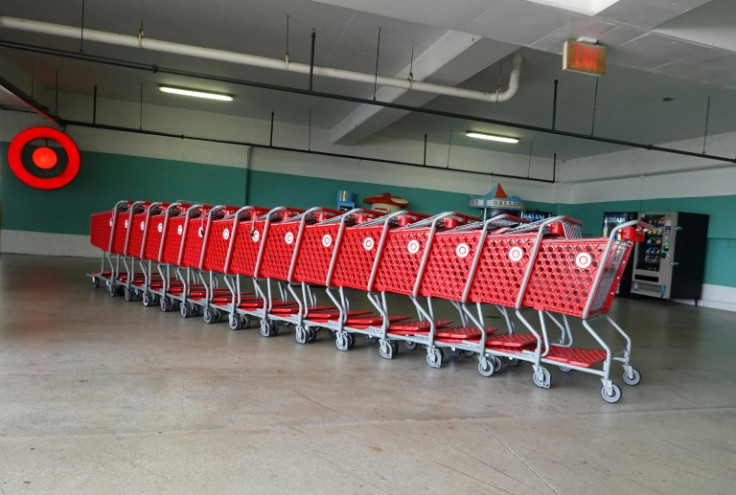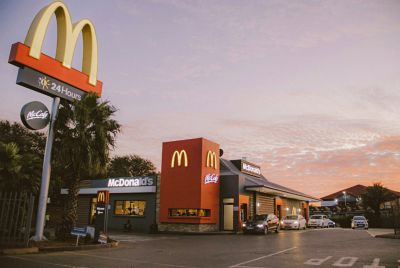A reported 60% of retailers want to adopt AI and newer technologies in the industry
Retailers are embracing a tech-driven revolution as 60 per cent of them prepare to harness the potential of AI and new technologies for an enhanced shopping journey, both online and in-store, in the coming year.

Retailers are gearing up for a tech-driven transformation, with nearly 60 per cent of them set to leverage artificial intelligence (AI), machine learning (ML) and computer vision (CV) technologies to enhance both in-store and online shopping experience within the upcoming year.
This surprising revelation stems from a recent Honeywell survey, which revealed a proactive shift towards technology adoption that complements and empowers retail employees, rather than replacing them.
The comprehensive "AI in Retail" poll, encompassing the insights of 1,000 retail directors occupying crucial roles in IT, operations and customer experience across regions such as the United States, Europe, the Middle East and Africa, uncovers a range of key findings.
Among the most compelling revelations, 38 per cent of respondents have already integrated these advanced technologies into specific use cases, while an additional 35 per cent have embraced them on a broader scale.
In a sign of evolving times, the survey reveals that 24 per cent are either at the pilot stage or in discussions about their implementation, with a mere three per cent abstaining from employing these technologies altogether.
AI and its technological counterparts are sure to make a significant impact, as nearly half (48%) of participants identified AI, machine learning and cognitive computing as the top technologies expected to revolutionise the retail sector over the next three to five years.
George Koutsaftes, president and CEO of Honeywell Safety and Productivity Solutions, said: "In today's retail environment, there is more emphasis on the customer experience, as well as a greater need to innovate in a hyper-competitive environment."
Koutsaftes pointed out that emerging technologies like AI, ML and CV hold the potential to pave the way for tailored experiences, operational optimisation, enhanced inventory management and fraud prevention, all of which converge to heighten customer satisfaction and subsequently fuel greater sales and profitability.
Consumers' expectations have risen as a result of the convenience of online ordering with rapid delivery and tailored in-store shopping experiences or options. Retailers polled claimed they are strongly driven to implement new technology that will help them reach their objectives. With an aim to elevate customer experience (59%), bolster productivity (49%) and drive cost efficiency while maximising returns on investment (44%), leaders are united in their motivations for technology adoption.
According to the survey respondents, the transformative potential of AI, ML and CV technologies extends across pivotal retail functions, identified as automating and streamlining day-to-day processes such as picking and scheduling, delivering customer service through digital channels via live chat, executing targeted customer marketing campaigns and enhancing inventory management.
Amidst initial hesitations, the study underscores the collaborative role AI is expected to play in the future workforce sector. Instead of replacing human labour, AI, ML and CV are perceived by most (93%) as tools that augment and empower the workforce. The study sheds light on how predictive analytics, enabled by these new technologies, can optimise labour utilisation, fostering job satisfaction and affording employees more time to focus on value-added tasks.
Despite the significant potential influence of the new technologies, the survey reveals three major impediments to mainstream adoption. They include budgetary constraints (39%), difficulty proving business value (29%) and inadequate internal skills to maintain technology (21%).
Koutsaftes concludes by emphasising the paramount importance of attracting and retaining both customers and employees in retail. As AI continues its evolution, he envisions an exciting course marked by innovative technologies that unlock heightened efficiency, deeper engagement and heightened satisfaction throughout the retail sector.
© Copyright IBTimes 2025. All rights reserved.






















